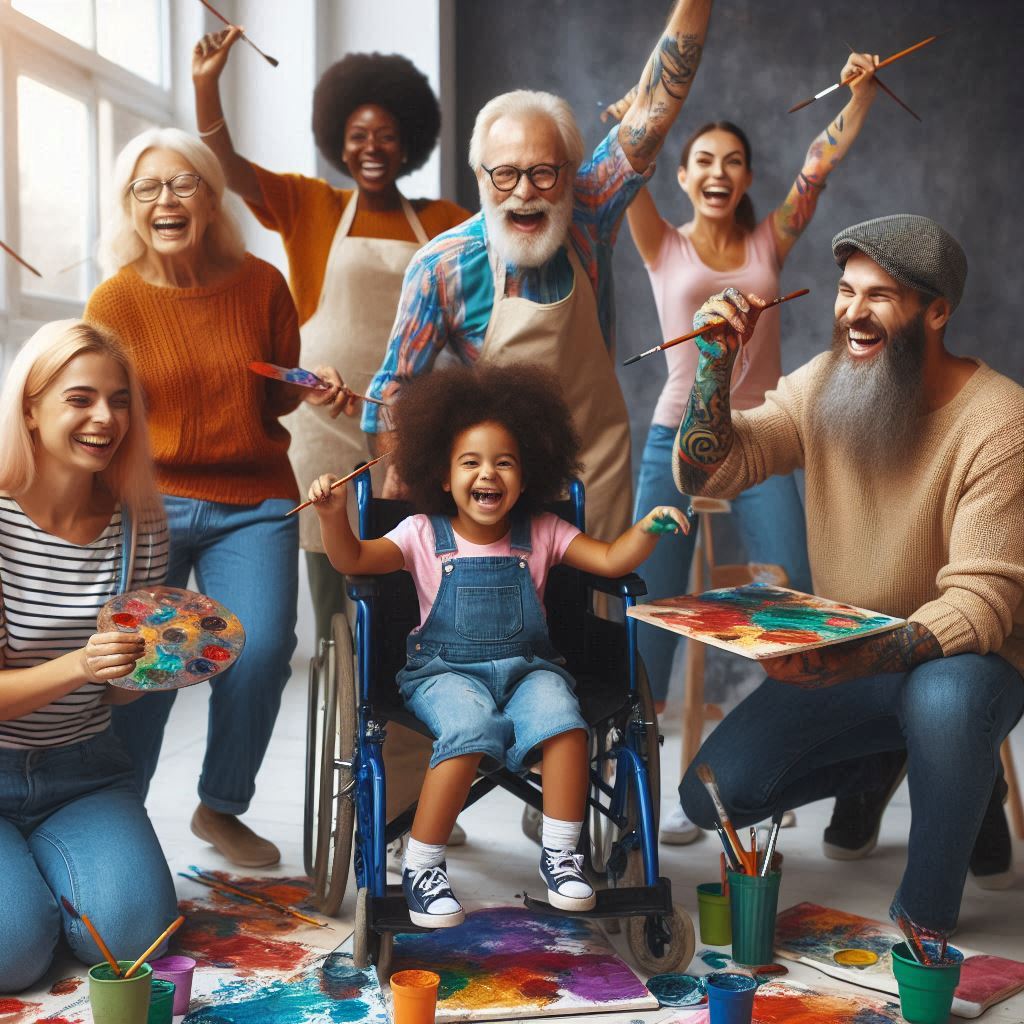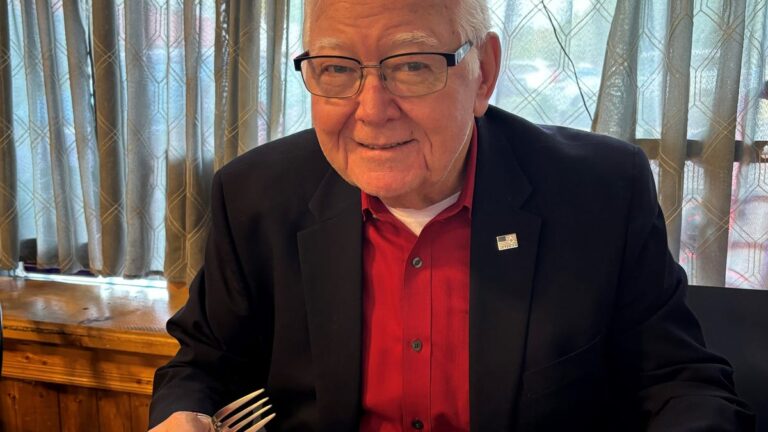Spark Your Creativity: Discover the Artist Within
Introduction
Do you ever find yourself saying, “I’m just not a creative person”? If so, you’re not alone. Many people believe that creativity is an inherent trait, something you’re either born with or not. But what if I told you that creative confidence is something you can build, just like a muscle? Whether you’re an aspiring artist, a hobbyist, or someone who simply wants to add a little more creativity to your daily life, this guide is for you.
Common Myths About Creativity
Myth 1: Creativity is Innate
One of the most pervasive myths is that creativity is an inborn talent. While some people might have a natural inclination towards creative pursuits, creativity is a skill that anyone can develop with time and effort.
Myth 2: Creativity is Only for Artists
Another common misconception is that creativity is reserved for artists, musicians, and writers. In reality, creativity is a valuable asset in all walks of life, from problem-solving in business to cooking a delicious meal.
Myth 3: You Need Inspiration to Be Creative
Many believe that they need a sudden burst of inspiration to create something amazing. However, creativity often comes from consistent practice and perseverance, not just from moments of inspiration.
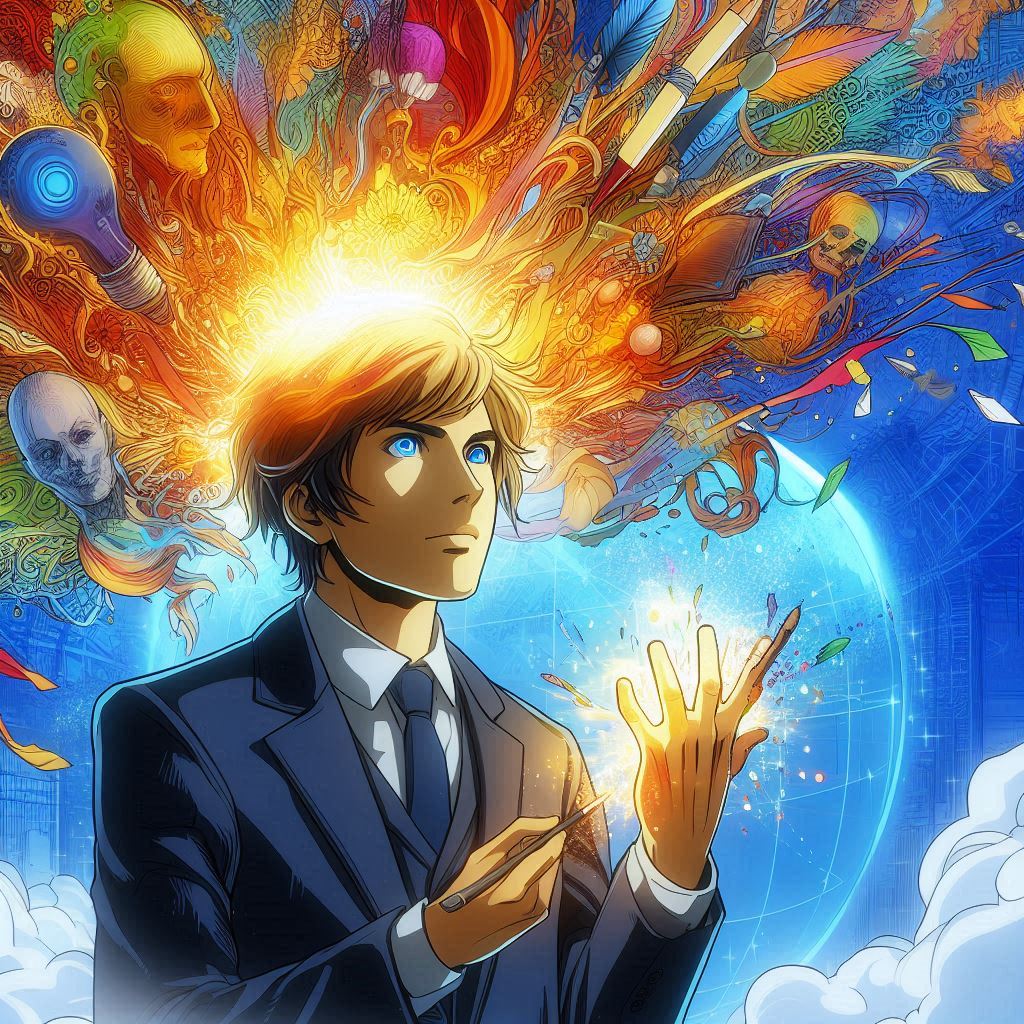
Understanding Self-Doubt and Its Impact on Creativity
The Origins of Self-Doubt
Self-doubt often stems from early experiences and societal pressures. Negative feedback, comparisons with others, and fear of failure can all contribute to a lack of confidence in one’s creative abilities.
How Self-Doubt Stifles Creativity
When self-doubt creeps in, it can paralyze you. You might find yourself overthinking every decision, avoiding risks, and ultimately, stifling your creative output. Recognizing and addressing these doubts is crucial to unlocking your creative potential.
Unlocking Your Creative Potential
Embracing a Growth Mindset
A growth mindset, as coined by psychologist Carol Dweck, is the belief that abilities and intelligence can be developed with effort and persistence. Embracing this mindset is key to overcoming self-doubt and fostering creativity.
The Power of Practice and Persistence
Creativity, like any skill, requires practice. The more you engage in creative activities, the more your confidence will grow. Remember, every masterpiece started as a rough draft.
Strategies to Overcome Creative Blocks
Setting Realistic Goals
Setting small, achievable goals can help you build momentum and avoid feeling overwhelmed. Start with simple projects and gradually increase the complexity as your confidence grows.
Trying New Mediums and Techniques
Experimenting with different mediums and techniques can reignite your creativity. Whether it’s painting, writing, photography, or digital art, exploring new avenues can provide fresh inspiration.
Seeking Inspiration from Various Sources
Inspiration can come from anywhere – nature, books, music, or even everyday life. Keep an open mind and allow yourself to be inspired by the world around you.
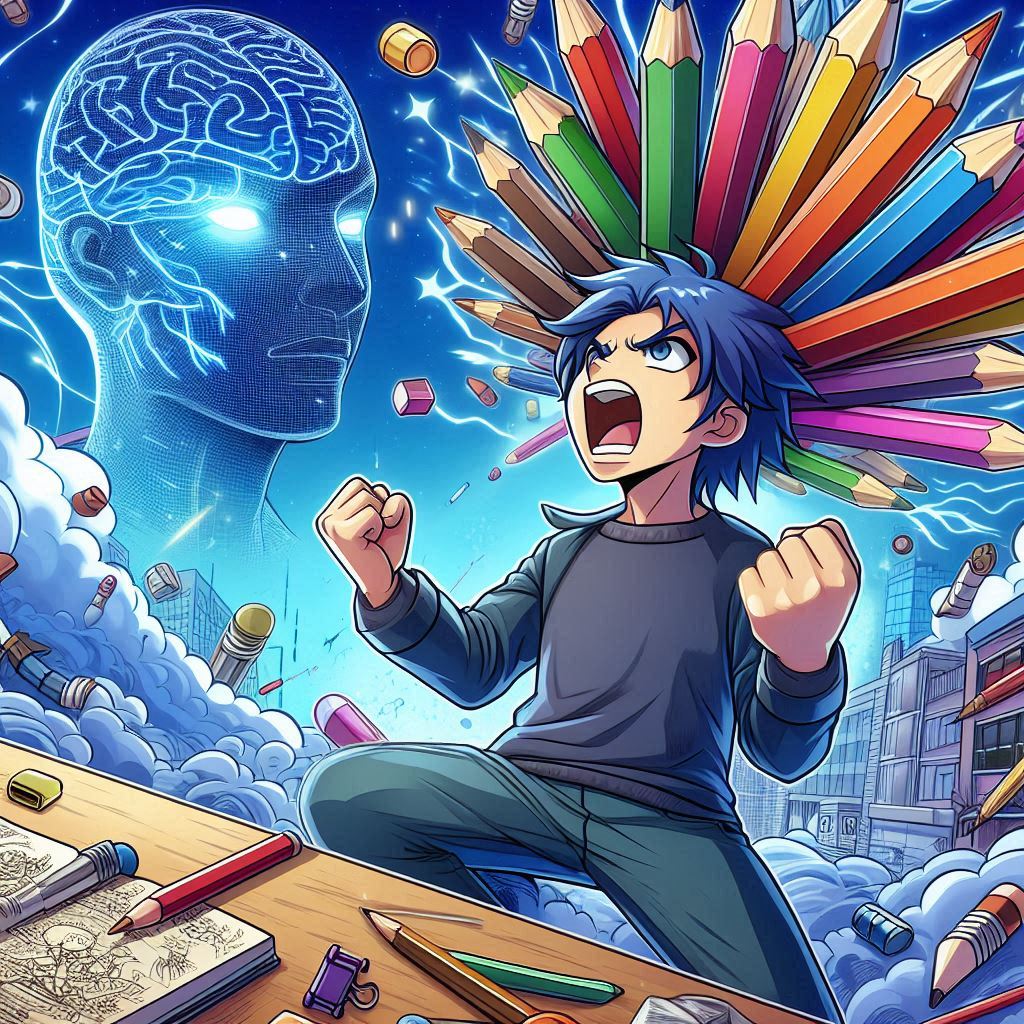
Building Confidence in Your Artistic Expression
Celebrating Small Wins
Acknowledge and celebrate your progress, no matter how small. Each step forward is a victory and builds your confidence.
Constructive Self-Reflection and Feedback
Constructive feedback from yourself and others can provide valuable insights. Reflect on your work, identify areas for improvement, and appreciate your growth.
Engaging with a Creative Community
Joining a community of like-minded individuals can offer support, inspiration, and constructive criticism. Whether online or in-person, being part of a creative group can significantly boost your confidence.
Practical Exercises to Boost Creativity
Daily Sketching or Writing Prompts
Engage in daily creative exercises like sketching or writing prompts. These activities can help you develop a routine and keep your creative juices flowing.
Mind Mapping and Brainstorming Sessions
Mind mapping and brainstorming are effective techniques for generating new ideas. They can help you organize your thoughts and explore different creative possibilities.
Creative Journaling
Keeping a creative journal is a great way to document your ideas, inspirations, and progress. It can also serve as a source of motivation when you look back at how far you’ve come.
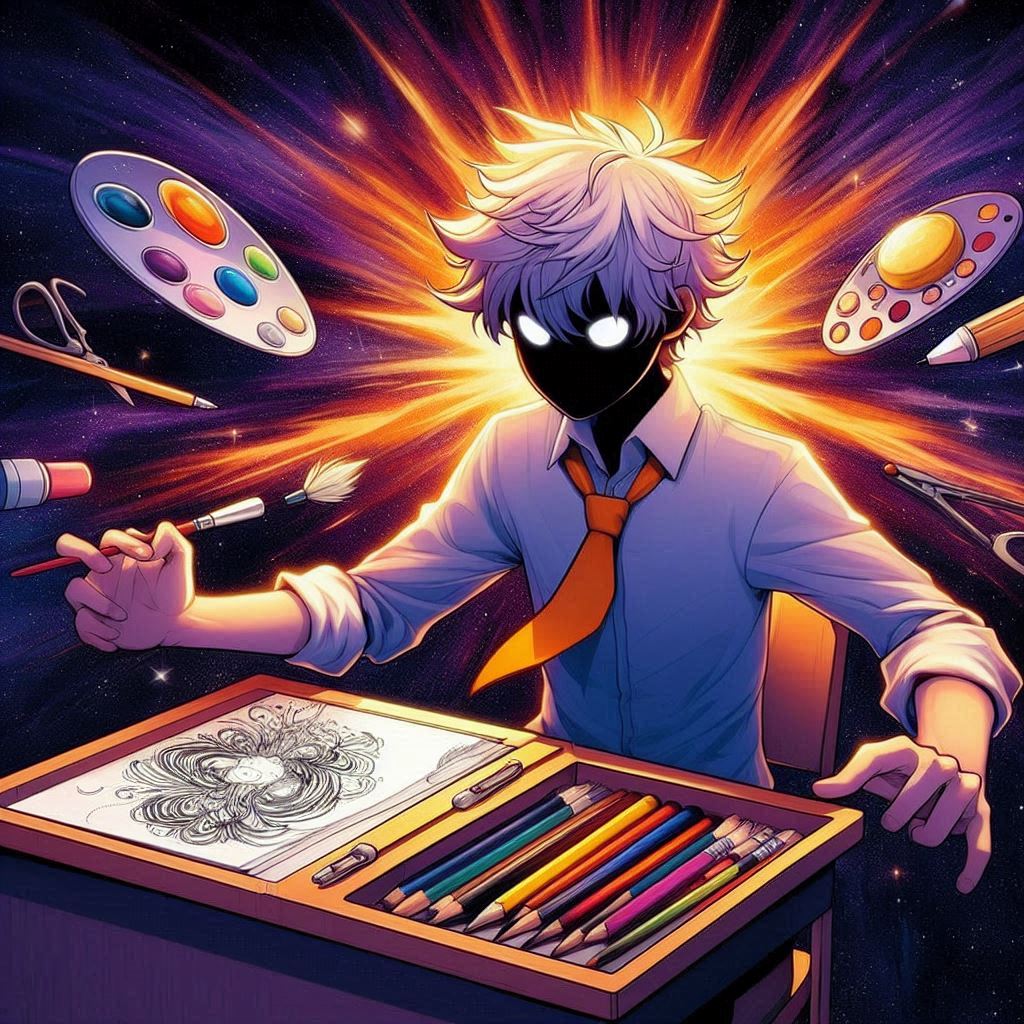
The Role of Environment in Fostering Creativity
Creating a Creative Space
Having a dedicated space for your creative work can make a significant difference. Ensure your space is comfortable, organized, and free from distractions.
Minimizing Distractions
Minimize distractions by setting boundaries and establishing a routine. Turn off notifications, set specific times for creative work, and create an environment conducive to focus.
The Impact of Collaboration on Creative Confidence
Benefits of Collaborating with Others
Collaboration can provide new perspectives, ideas, and inspiration. Working with others can also boost your confidence as you share and receive feedback on your work.
How to Find Creative Partners
Finding creative partners can be as simple as joining local art groups, online communities, or attending workshops and events. Networking and building relationships with other creatives can open up opportunities for collaboration.
Mindfulness and Its Influence on Creativity
Practicing Mindfulness Meditation
Mindfulness meditation can help clear your mind and reduce stress, making it easier to focus on your creative work. Regular practice can enhance your overall well-being and creativity.
Staying Present in the Creative Process
Being present in the moment allows you to fully engage with your creative work. Avoid multitasking and give your full attention to the task at hand.
Using Technology to Enhance Creativity
Digital Tools for Creative Projects
There are numerous digital tools available that can enhance your creativity. From graphic design software to writing apps, technology can provide new ways to express yourself.
Online Courses and Tutorials
Taking online courses and tutorials can help you learn new skills and techniques. There are countless resources available to help you grow as a creative individual.
Success Stories: Individuals Who Overcame Creative Doubts
Case Study 1: A Late Bloomer’s Journey
Consider the story of Jane, who discovered her passion for painting in her 50s. Despite initial self-doubt, she pursued her interest and became a successful artist, proving that it’s never too late to unlock your creative potential.
Case Study 2: Overcoming Creative Blocks
John, a writer, struggled with creative blocks for years. Through consistent practice, seeking feedback, and experimenting with new writing styles, he overcame his obstacles and published his first book.
Maintaining Creative Confidence Over Time
Dealing with Creative Burnout
Creative burnout is real and can be challenging. Take breaks, practice self-care, and don’t be afraid to step back when needed. Your creativity will thank you for it.
Continuous Learning and Adaptation
The creative journey is ongoing. Continue to learn, adapt, and explore new ideas and techniques. Embrace the process and enjoy the journey.
Conclusion
Creative confidence is not an elusive trait reserved for a select few. It’s a skill that can be developed and nurtured over time. By debunking common myths, understanding the impact of self-doubt, and implementing practical strategies, you can unleash your inner artist and embrace your creative journey. Remember, creativity is not about perfection; it’s about expression, growth, and enjoying the process.
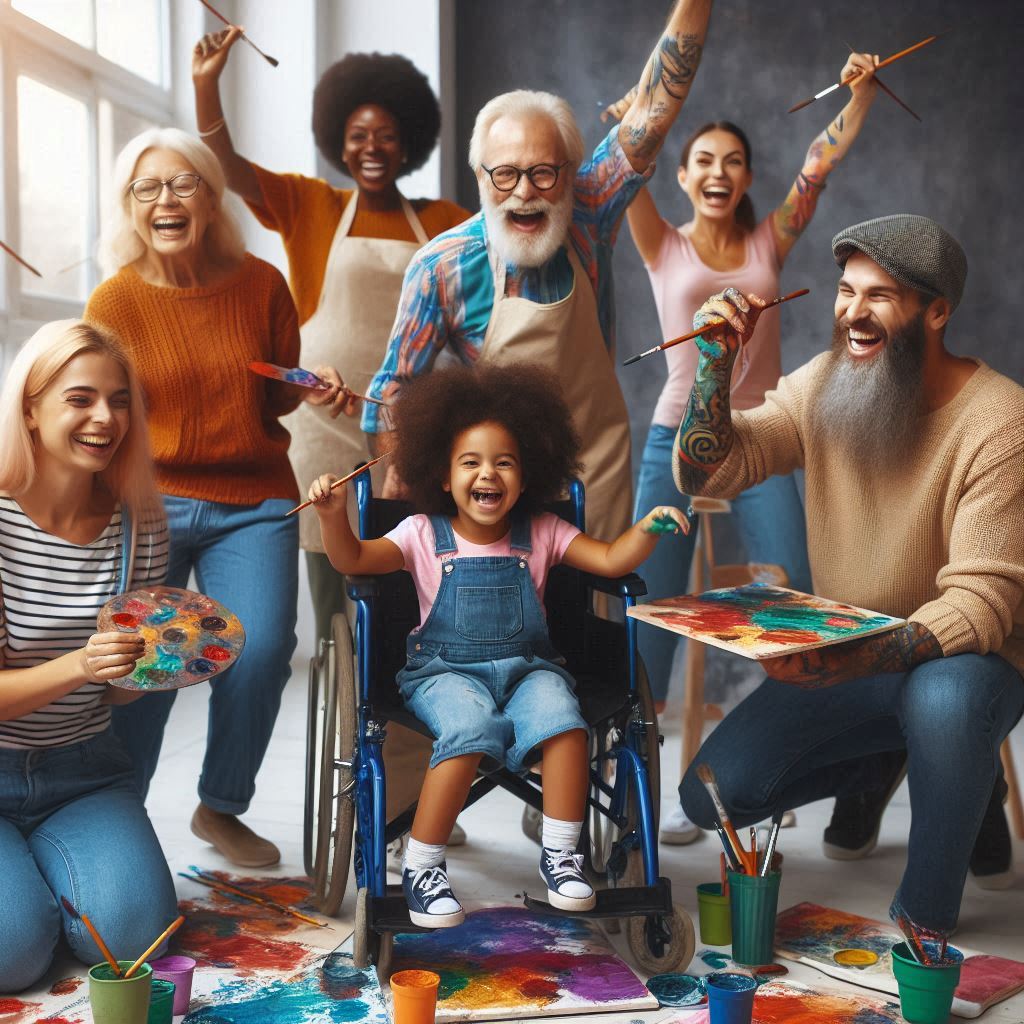
FAQs
How can I find my creative niche?
Finding your creative niche involves exploring different mediums and activities until you find something that resonates with you. Be open to trying new things and pay attention to what brings you joy and satisfaction.
What if I feel stuck even after trying different strategies?
Feeling stuck is a common part of the creative process. Take a break, seek inspiration from new sources, or try collaborating with others. Sometimes stepping away for a bit can provide the clarity you need.
How important is feedback in the creative process?
Feedback is crucial for growth. Constructive criticism helps you improve, while positive feedback boosts your confidence. Seek feedback from trusted sources and use it as a tool for development.
Can creativity be cultivated at any age?
Absolutely! Creativity knows no age limits. Whether you’re young or old, you can always develop and nurture your creative skills. It’s never too late to start.
How do I balance creativity with other life responsibilities?
Balancing creativity with other responsibilities requires time management and setting priorities. Dedicate specific times for creative activities and integrate them into your daily routine. Even small, consistent efforts can lead to significant progress.

